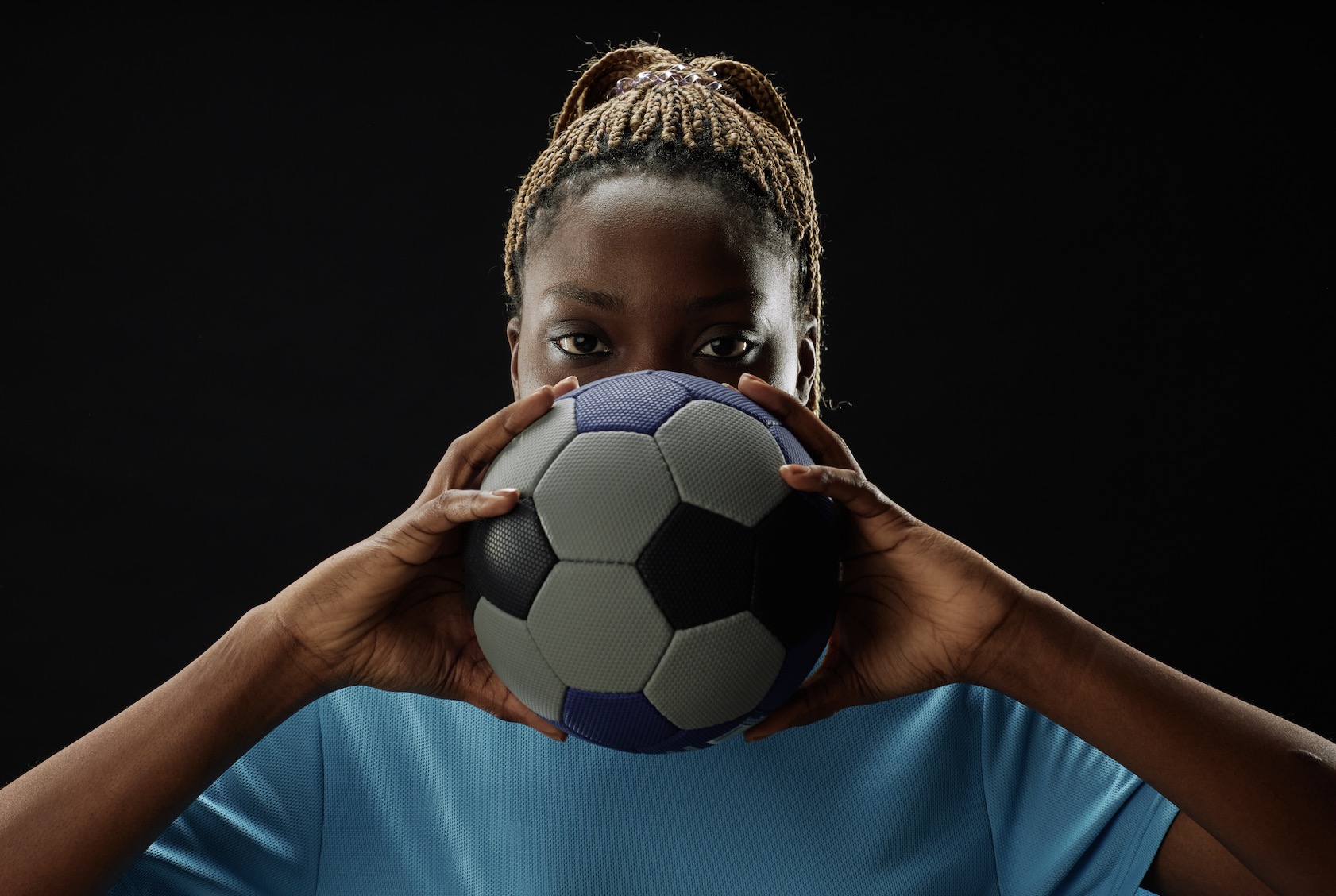Assessing the treatment of women in predominantly male sports and recreational activities in South Africa

On this page, we assess the treatment of women in predominantly male sports and recreational activities in South Africa.
The treatment of women in predominantly male sports and recreational activities in South Africa is characterised by:
- Underrepresentation: Women are significantly underrepresented in many sports, particularly at higher levels of competition and in leadership roles within sporting organizations.
- Insufficient Funding: Financial support for women’s sports is often lower compared to men’s sports, impacting the quality of training, facilities, and competition exposure.
- Cultural Barriers: Persistent stereotypes and social norms sometimes discourage female participation and can lead to a lack of support from the community and media.
- Progressive Initiatives: Despite these challenges, there are increasing efforts to promote gender equality, including policy changes and campaigns aimed at boosting participation and visibility of women in sports.
In South Africa, the treatment of women in predominantly male sports and recreational activities has been a topic of ongoing concern and development. Historically, many sports have been dominated by men, both in participation and governance, which has influenced the opportunities available to women and the way they are treated within these fields.
Here’s an assessment of the current landscape:
Challenges Faced by Women
- Limited Representation: Women often find themselves underrepresented in many sports, particularly at professional and executive levels. This lack of representation can impact decision-making processes and the prioritization of women’s sports.
- Funding and Resources: There is generally less investment in women’s sports compared to men’s, which affects everything from the quality of training facilities and coaching to marketing and sponsorship opportunities.
- Cultural and Social Barriers: Stereotypes and cultural norms can deter women from participating in certain sports. Additionally, the portrayal of women in sports media often emphasizes aesthetics over achievements.
Progress and Positive Developments
- Policy Changes: There have been efforts to create more inclusive policies within sports organizations. For example, the South African Sports Confederation and Olympic Committee (SASCOC) has initiatives aimed at promoting gender equality in sports.
- Increased Visibility: The success of female South African athletes in international arenas, such as Caster Semenya in athletics and the national women’s cricket and football teams, has helped increase visibility and support for women’s sports.
- Grassroots Movements: There are increasing numbers of grassroots programs aimed at encouraging girls to participate in sports from a young age, helping to slowly change perceptions and increase female participation rates.
While there has been significant progress in the treatment and inclusion of women in predominantly male sports and recreational activities in South Africa, challenges remain. Continued efforts are necessary to ensure that women have equal opportunities, support, and representation in all aspects of sports and recreation.
